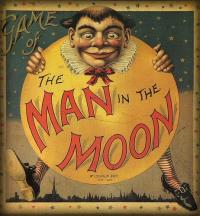Who is she?
Benazir Bhutto (June 21, 1953 – December 27, 2007) was the 11th Prime Minister of Pakistan, serving two non-consecutive terms in 1988–90 and then 1993–96. A scion of the politically powerful Bhutto family, she was the eldest daughter of Zulfikar Ali Bhutto, a former prime minister himself who founded the centre-left Pakistan Peoples Party (PPP). She was the first woman to become democratically elected head of any Muslim nation.
In 1982, three years after her father's execution, 29-year-old Benazir Bhutto became the chairperson of the PPP—a political party, making her the first woman in Pakistan to head a major political party. In 1988, she became the first woman to be elected as the head of an Islamic state's government; she also remains Pakistan's only female prime minister. Noted for her charismatic authority and political astuteness, Bhutto drove initiatives for Pakistan's economy and national security, and she implemented capitalist policies for industrial development and growth. In addition, her political philosophy and economic policies emphasised deregulation (particularly of the financial sector), flexible labour markets, the denationalisation of state-owned corporations, and the withdrawal of subsidies to others. Bhutto's popularity waned amid recession, corruption, and high unemployment which later led to the dismissal of her government by conservative President Ghulam Ishaq Khan.
More Info:
en.wikipedia.org











